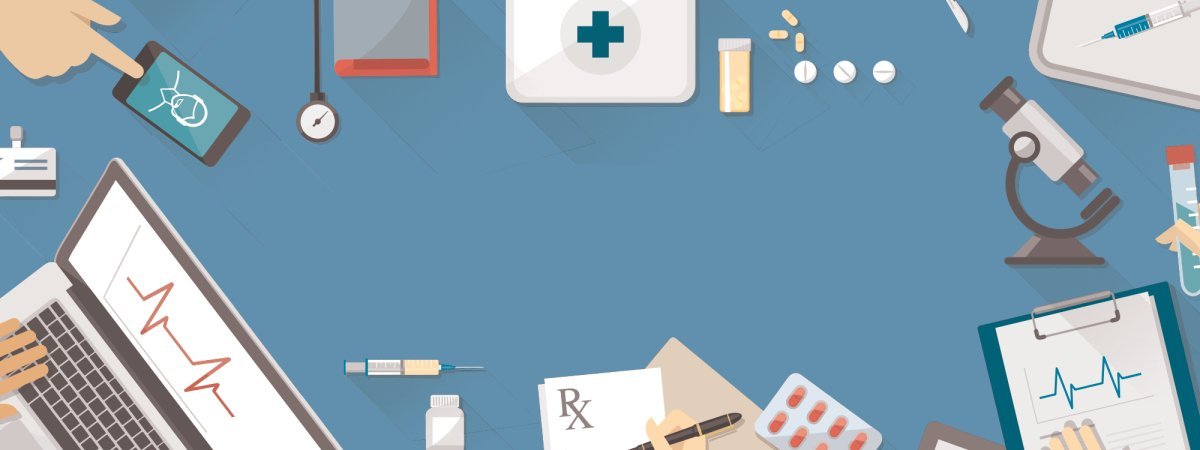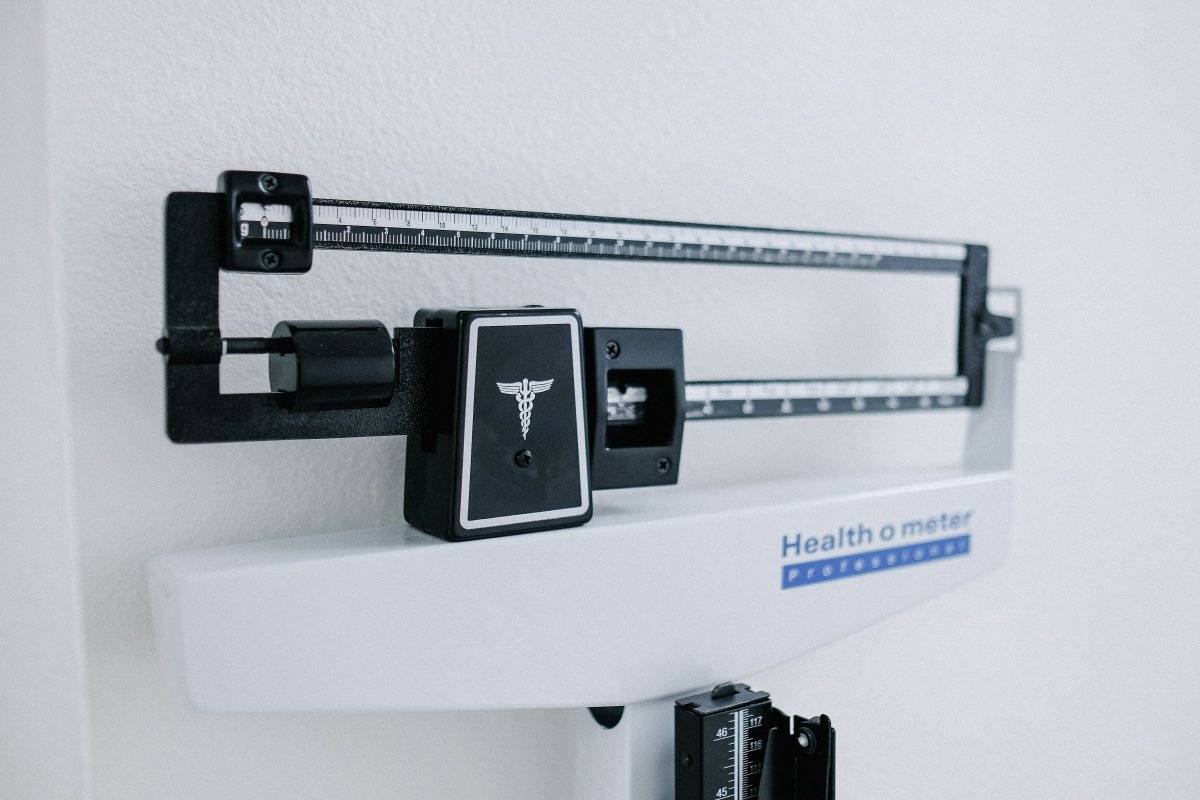The Concept
The concept of personalised medical care has always been present, with clinicians striving to correctly match patients with treatments. However, until recently it had not been possible to determine how individuals interact with certain drugs. Advances in scientific technology and new discoveries have enabled scientists and clinicians to decode our DNA, giving them a greater understanding of why our bodies behave the way they do. Every DNA is unique and decoding their message can uncover essential traits which influence the health of the individual and how they respond to certain medication. This understanding of human genetics has driven the development of targeted therapies and truly personalised treatments which produce higher levels of effectiveness compared to traditional prescriptions, as they are aimed at patients with certain genetic traits.
Current Model
Medical treatment currently revolves around what best suits the general population, meaning when you visit your GP, you receive the same treatment as any other person experiencing the same symptoms. However, what is best for the population as a whole does not necessarily mean it is the best treatment for everyone, with the NHS finding first-line drug treatment to only be 30-60% effective within the population. What doctors and scientists are now realising is that tailoring drug prescriptions and dosage to certain genetic characteristics can have an astounding beneficial impact on the outcome of the treatment. Moving away from the 'one size fits all' belief of traditional medicine, clinicians have the ability to match patients with their most ideal treatment based on their genetics. This removes the lengthy 'trial and error' process, frequently experienced with new medication.
Public Engagement
The NHS is committed to driving the transition towards personalised medicine through investing in nationwide genome sequencing programmes, such as the 100,000 genomes project, and developing workforce expertise in delivering a personalised service. Investing in personalised medicine will help optimise the delivery of the existing £15billion worth of drugs the NHS currently provides each year, hugely benefiting both the population and the wider economy. The implementation of personalised medicine within the NHS and private health sectors is rapidly approaching as the importance of genetics becomes increasingly apparent, and the desire to transform the clinical experience for patients is sensational.





Share:
What Causes Inherited Heart Conditions?
Digital innovations shaping healthcare.